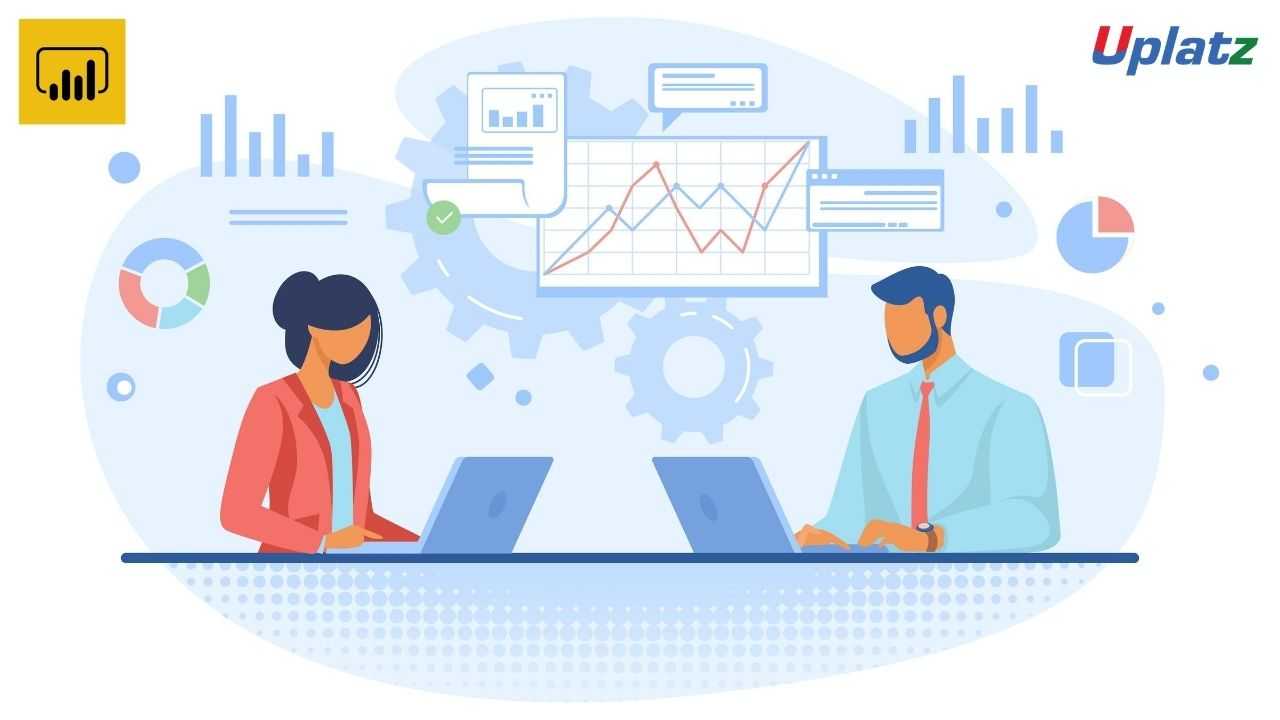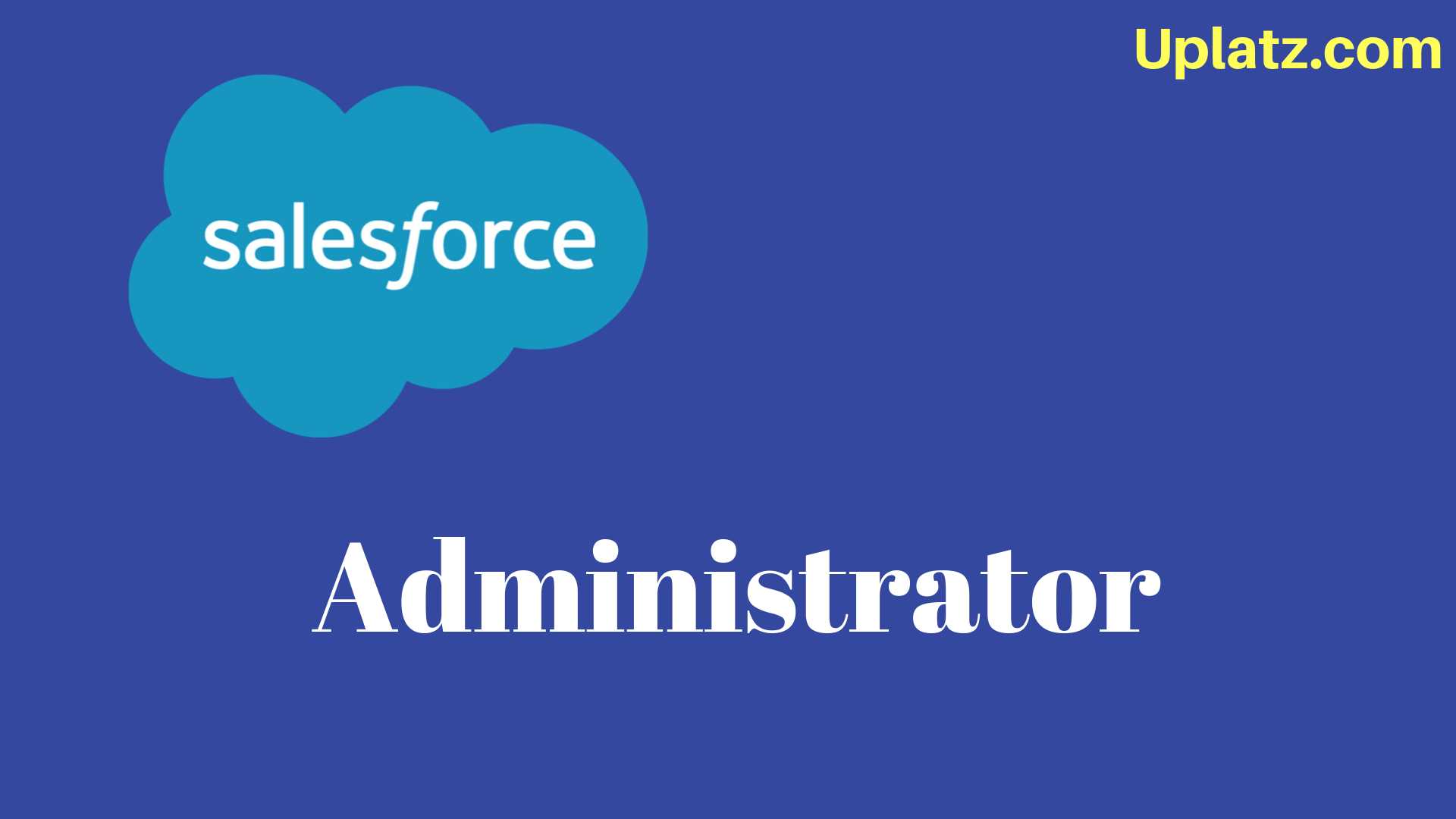Microsoft 365 (beginner to expert)
Become a Microsoft 365 expert from scratch—master Word, Excel, PowerPoint, Outlook, Teams, Power BI, and more with hands-on training.Preview Microsoft 365 (beginner to expert) course
View Course Curriculum Price Match Guarantee Full Lifetime Access Access on any Device Technical Support Secure Checkout Course Completion Certificate 92% Started a new career
BUY THIS COURSE (
92% Started a new career
BUY THIS COURSE (GBP 12 GBP 29 )-
 86% Got a pay increase and promotion
86% Got a pay increase and promotion
Students also bought -
-

- Power BI (basic to advanced)
- 30 Hours
- GBP 12
- 186 Learners
-

- Microsoft Project (basic to advanced)
- 8 Hours
- GBP 12
- 98 Learners
-

- Salesforce Administrator
- 5 Hours
- GBP 12
- 230 Learners

About the Course: Microsoft 365 (Beginner to Expert) – Self-Paced Online Program
Your Complete Learning Journey Across Microsoft’s Productivity Ecosystem
The Microsoft 365 (Beginner to Expert) course is a comprehensive, self-paced learning program designed to take you from foundational understanding to advanced expertise in Microsoft’s suite of productivity tools. In today’s digitally connected world, fluency in Microsoft 365 isn’t just a technical skill—it’s a career necessity. This course provides the knowledge, hands-on experience, and confidence needed to use Microsoft 365 tools effectively across a wide range of professional and personal scenarios.
Whether you're a student looking to improve academic efficiency, a working professional aiming to boost workplace productivity, a business owner seeking to streamline operations, or an administrator managing teams and data, this course equips you with the skills to navigate, utilize, and master Microsoft 365 tools with ease. From document creation and data analysis to collaboration and cloud storage, every essential application is covered with depth and clarity.
What makes this course uniquely valuable is its holistic structure and learner-first approach. Rather than focusing on isolated tools in a disjointed manner, this program is carefully structured to highlight how these applications work together in real-world scenarios. You’ll not only learn how to use tools like Word, Excel, PowerPoint, Outlook, Teams, OneDrive, SharePoint, and Power BI—you’ll understand how to integrate them to increase efficiency, reduce duplication, and automate repetitive tasks. By following this course, you develop a systems-level understanding of Microsoft 365 that goes far beyond button-clicking.
This course combines detailed video tutorials, interactive demonstrations, and practical exercises to guide learners step-by-step. You'll move through each module at your own pace, applying skills as you go and reinforcing them through real-world examples. Whether you're scheduling meetings, analyzing sales data, building reports, managing documents, or collaborating with colleagues in remote settings, you'll gain hands-on proficiency that translates directly to workplace success.
What Makes This Course Unique
Several elements distinguish this course from other Microsoft 365 tutorials or training programs:
- Complete Beginner-to-Expert Progression: You don’t need any prior experience. The course starts with the basics and builds systematically, helping you grow from a casual user to an advanced power user who can automate workflows, create dynamic reports, and manage enterprise-level collaboration tools.
- All-in-One Learning: Instead of learning each tool in isolation, this course emphasizes the power of Microsoft 365 as a connected ecosystem. You'll learn how to send data from Excel to Power BI, collaborate using Teams and SharePoint, and link your Outlook calendar with task management systems for seamless workflow integration.
- Real-World Context: Each lesson is built around common workplace and academic use cases. This means you’re not just learning how the tools work—you’re learning how to apply them in meaningful, value-driven ways in your everyday work or study.
- Flexible and Self-Paced: Busy schedule? No problem. You can access the course content 24/7 from any device and complete it at your own pace. Pause, rewind, revisit, and review—whenever you need to.
- Hands-On Practice: Interactive exercises and projects are embedded throughout the course to ensure you’re not just watching tutorials, but actively applying what you learn.
- Future-Ready Skills: This course goes beyond basic usage and introduces advanced features such as data visualization in Power BI, cloud collaboration with SharePoint, and automation using Microsoft tools—preparing you for the modern workplace and beyond.
How to Use This Course Effectively
To get the most out of this learning journey, follow these strategies as you navigate the course:
- Define Your Goals
Before starting, identify your primary reasons for taking this course. Are you looking to improve your office productivity? Prepare for a job interview? Automate business processes? Setting clear goals helps you stay focused and tailor your learning to your personal needs. - Start from the Beginning (Even if You’re Not a Beginner)
Microsoft 365 is constantly evolving, and even seasoned users often miss updates or underutilize features. Starting from the foundational lessons ensures you’re not only up-to-date but also filling in knowledge gaps you didn’t know you had. - Complete the Hands-On Activities
Each module includes practical tasks that simulate real-world scenarios. These are designed to reinforce learning through doing. Take time to complete these exercises instead of skipping ahead—they are crucial for retaining new skills. - Build Your Own Mini-Projects
As you progress, start applying your skills to small projects relevant to your work or personal goals. Create a budget tracker in Excel, design a team calendar in Outlook, or build a dashboard in Power BI. These mini-projects bring the tools to life and help build your confidence. - Revisit and Reinforce
The self-paced format allows for flexibility. If a topic feels challenging, revisit the video lessons or practice tasks as often as needed. Repetition helps in solidifying long-term understanding. - Explore Integration Opportunities
Don’t just learn the tools—explore how they can be integrated. For example, try embedding a PowerPoint presentation in a Teams meeting or syncing Excel data with Power BI. These integrations make your workflow smarter and more streamlined. - Keep Learning Even After Completion
Microsoft 365 continues to evolve. Use the foundational skills from this course as a springboard to stay updated with new features and functionalities through Microsoft’s official updates, blogs, and user communities.
By the end of the course, you'll be equipped not just with technical knowledge, but with the practical expertise and strategic understanding needed to become a high-performing professional in any modern environment. You’ll know how to work faster, collaborate more effectively, and present your ideas with clarity and confidence using Microsoft’s industry-standard tools.
This course isn’t just about learning software—it’s about empowering yourself with digital fluency that opens doors to academic success, career advancement, business growth, and day-to-day efficiency. Whether you’re re-entering the workforce, upgrading your skills, or starting fresh, the Microsoft 365 (Beginner to Expert) course is your gateway to working smarter in the digital age.
Course/Topic 1 - Course access through Google Drive
-
Google Drive
-
Google Drive
By the end of this course, you will be able to:
- Use Microsoft Word to create professional documents, collaborate, and manage long-form content.
- Perform complex data analysis, create charts, and automate calculations using Microsoft Excel.
- Build dynamic and visually appealing presentations using Microsoft PowerPoint.
- Organize emails, calendars, tasks, and schedules efficiently using Microsoft Outlook.
- Collaborate with colleagues via Microsoft Teams, OneDrive, and SharePoint.
- Utilize modern tools like Power BI, Power Apps, Forms, Sway, and Planner for analytics, automation, and communication.
- Prepare for job interviews, certifications, or internal promotions with Microsoft 365 expertise.
- Introduction to Microsoft 365
- Microsoft Word: Basic Functions, Formatting, Advanced Features, Templates, Collaboration, Navigation, Tables, Charts, and Document Management
- Microsoft Excel: Basics to Advanced, Formulas, VLOOKUP, XLOOKUP, Pivot Tables, Data Visualization, Sharing, and Management
- Microsoft PowerPoint: Slide Design, Multimedia, Animations, Advanced Presentation Tips, Collaboration
- Microsoft Outlook: Email Management, Calendar, Task Scheduling
- Microsoft OneNote: Note-taking and Organization
- Microsoft Teams: Interface, Meetings, Chat, Collaboration
- Microsoft OneDrive: File Storage and Sharing
- Microsoft SharePoint: Libraries, Lists, Permissions
- Microsoft Copilot: AI-powered Integration Overview
- Microsoft Planner, Forms, Sway: Task Planning, Surveys, Presentations
- Microsoft Power BI: Basic Use and Data Visualization
- Other Tools: To Do, Stream, Engage, Project, Visio, Access, Bookings, Delve, Whiteboard, Lists, Loop, Power Pages, Kaizala, People, Power Automate, and Power Apps
- Microsoft 365 Interview Questions and Answers
- Microsoft 365 Summary and Applications
Upon successful completion of the Microsoft 365 (Beginner to Expert) course, learners will receive a Course Completion Certificate from Uplatz, officially recognizing their knowledge and practical proficiency in Microsoft 365 tools.
This certificate not only validates your comprehensive understanding of the Microsoft 365 ecosystem but also boosts your professional profile in roles that demand digital productivity and collaboration skills.
Additionally, this course serves as a launchpad for those aiming to pursue Microsoft’s official certifications such as Microsoft Office Specialist (MOS) or Microsoft Certified: Modern Desktop Administrator Associate. The skills and insights gained will give you the confidence to sit for certification exams or excel in daily productivity tasks.
With digital tools becoming the core of modern businesses, mastering Microsoft 365 can open doors to a variety of high-impact job roles across industries.
Career Opportunities After This Course
- Microsoft 365 Specialist
- Office 365 Support Analyst
- Productivity & Collaboration Consultant
- Administrative Assistant
- Office Manager or Executive Assistant
- Data Analyst (Excel and Power BI)
- Project Coordinator or Planner
- IT Support Technician (Microsoft 365)
- HR/Operations Professional using Microsoft 365 tools
Industries Hiring Microsoft 365 Experts
- IT & Software Services
- Finance & Accounting
- Healthcare
- Education & EdTech
- Government
- Marketing Agencies
- Retail & E-commerce
- Consulting & Business Process Outsourcing (BPO)
With proficiency in tools like Excel, Teams, PowerPoint, Power BI, and SharePoint, professionals become highly valuable in both technical and non-technical domains.
1. What is Microsoft 365 and how is it different from Office 2019?
Microsoft 365 is a cloud-based subscription service offering regular updates and online features. Office 2019 is a one-time purchase without cloud features or ongoing updates.
2. What are some collaboration features in Microsoft Word?
Track Changes, Comments, Real-time Co-authoring, Version History, and @mentions in shared documents.
3. Explain the difference between VLOOKUP and XLOOKUP in Excel.
VLOOKUP searches vertically but has limitations. XLOOKUP is more flexible—can search both vertically and horizontally, and it replaces older functions like HLOOKUP and VLOOKUP.
4. How can you use Microsoft Teams for remote collaboration?
With chat, video conferencing, file sharing, screen sharing, and integrations with Planner, OneNote, and third-party apps.
5. What are PivotTables used for in Excel?
PivotTables help summarize, analyze, and explore large data sets with drag-and-drop interactivity.
6. How does OneDrive differ from SharePoint?
OneDrive is for personal file storage and sharing; SharePoint is for team collaboration with shared libraries, versioning, and workflows.
7. What are Power BI’s basic functionalities?
Connect to data sources, create visual reports, share dashboards, and use DAX for custom calculations.
8. What is Microsoft Copilot in Microsoft 365?
Copilot is an AI assistant that helps with writing, analyzing data, summarizing documents, and automating tasks within apps like Word, Excel, and Outlook.
9. How do Microsoft Planner and To Do differ?
Planner is for team task management with boards and assignments; To Do is a personal task management app for individual use.
10. What is the use of Microsoft Forms?
To create online forms, quizzes, and surveys with automatic results collection and basic analytics.









